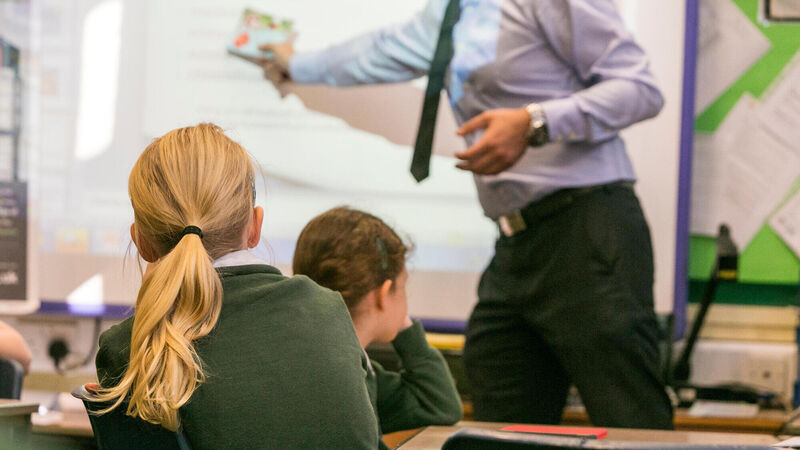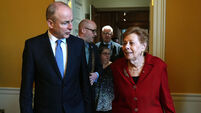Who decides who belongs in our schools?

In Ireland, the right to appropriate education is not a matter of interpretation or opinion but a constitutionally protected entitlement. Capacity and resources must be planned for, but overcoming such challenges is part of the normal work of public provision planning. File photo
Few issues shape Irish society as deeply as education. Indeed, it has been a contentious issue even before the inception of the State.
Over a century ago, Pádraig Pearse warned that a system of education which standardises children and suppresses curiosity “kills the soul”. In his book of essays, , he described schooling as a living, communal practice that should foster cultural rootedness and social cohesion.
















